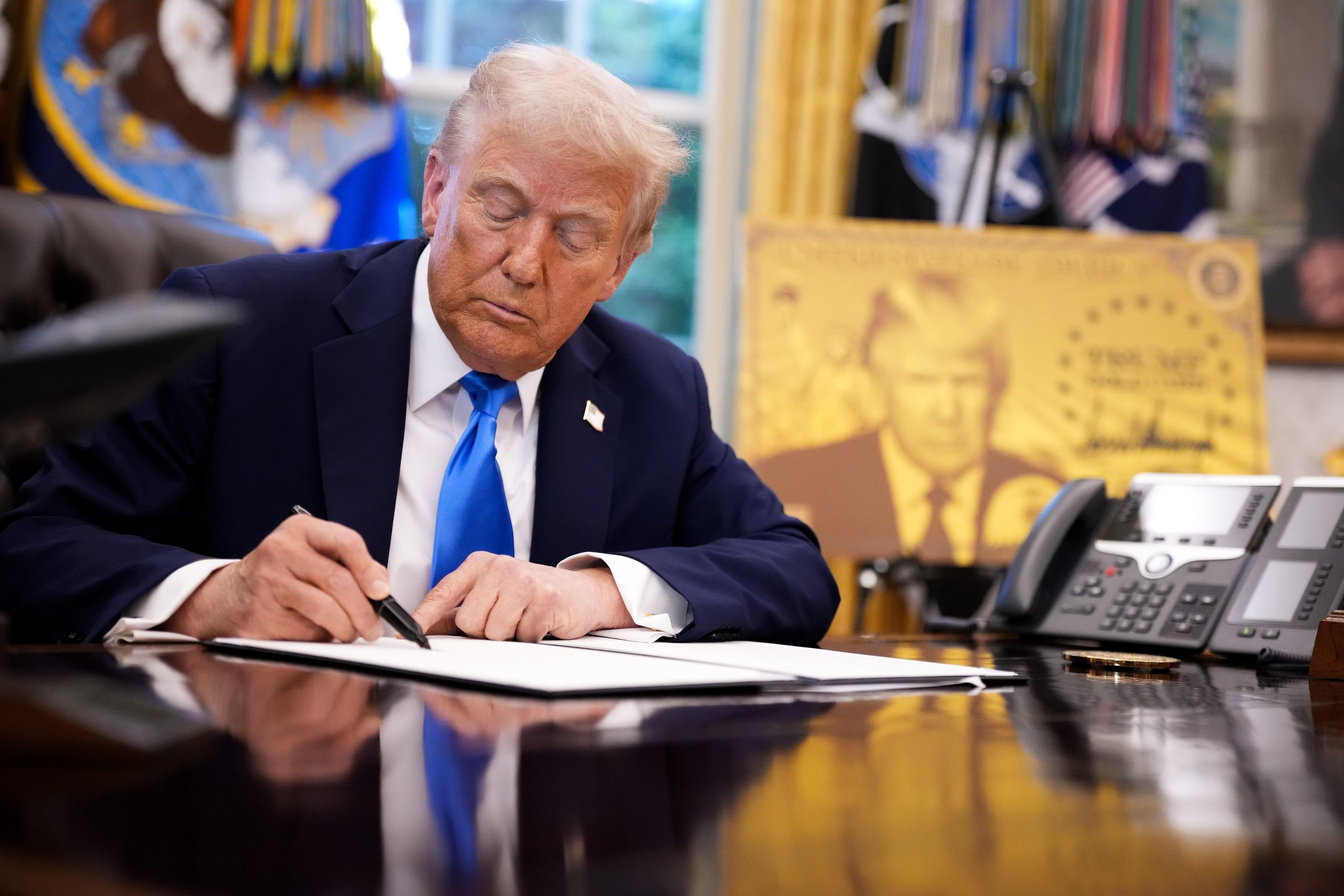President Donald Trump’s recent executive order imposing a $100,000 fee on all new H-1B visa applications has sent shockwaves through the American tech industry and sparked a heated debate about its potential impact on the nation’s economy and innovation. While framed as a measure to protect American workers, the move is widely criticized for potentially hindering the very innovation the H-1B program was designed to foster.
The H-1B Program: A Double-Edged Sword
The H-1B visa program, intended to attract highly skilled foreign workers in specialized fields like science, technology, engineering, and mathematics (STEM), has long been a subject of contention. Proponents argue it fills critical labor shortages, fueling innovation and economic growth. The program allows US companies to hire foreign nationals with specialized skills not readily available domestically, contributing to the nation’s competitive edge in the global marketplace. However, critics have long voiced concerns that the program is abused, with some companies using it to displace American workers with cheaper foreign labor.
The Impact of the $100,000 Fee
Trump’s executive order, while allowing for potential exemptions, significantly raises the bar for companies seeking to utilize the H-1B program. The substantial $100,000 fee represents a massive increase in the cost of hiring foreign talent, potentially discouraging smaller companies and startups from participating. This could have a chilling effect on innovation, particularly in sectors heavily reliant on skilled foreign workers.
Economic and Innovation Concerns
The potential consequences of this policy shift extend beyond individual companies. Many argue that limiting access to highly skilled foreign workers will stifle innovation and economic growth. The US has long benefited from the influx of talented individuals who contribute significantly to research, development, and the creation of new technologies. Restricting this flow of talent could place the US at a disadvantage in the global competition for technological leadership. Furthermore, the increased cost could disproportionately impact smaller businesses and startups, which often rely on H-1B visas to attract and retain top talent. This could exacerbate existing inequalities within the tech sector.
Conclusion: A Policy Under Scrutiny
President Trump’s decision to impose a steep fee on H-1B visas is a significant policy change with far-reaching implications. While concerns about potential exploitation of the program are valid, the substantial increase in costs raises serious questions about its impact on American competitiveness and innovation. The long-term consequences of this policy remain to be seen, but the potential for hindering economic growth and technological advancement is a matter of serious concern for many experts and industry leaders. Further analysis and observation will be crucial to fully understand the effects of this drastic measure.
Based on materials: Vox





